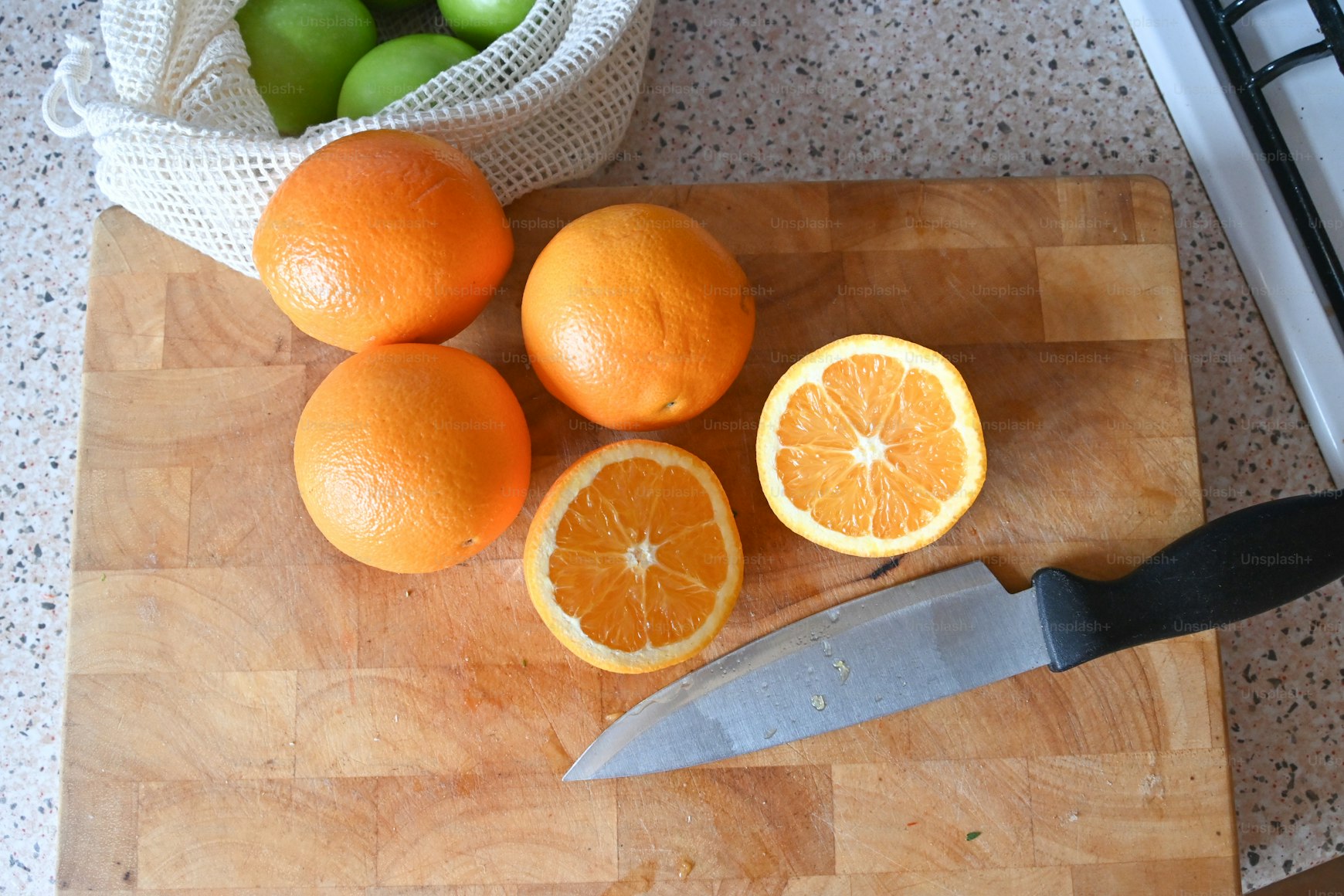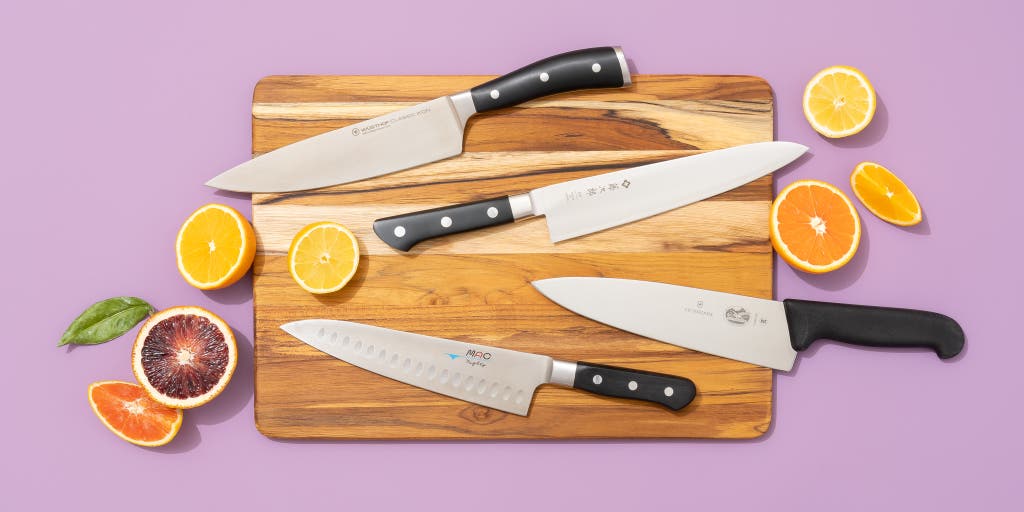A chef knife is one of the most important tools in any kitchen. Knowing how to use a chef knife effectively can make a big difference in your cooking experience. Whether you are a kitchen hobbyist or a seasoned chef, mastering the use of this tool will help you create meals more efficiently and safely.
In this detailed guide, we will delve into various aspects of using a chef knife. From understanding its parts to mastering cutting techniques, we will cover everything you need to know. Let’s begin this exciting journey!

Understanding the Chef Knife
Parts of a Chef Knife
Before we get into the techniques, it’s essential to understand the different parts of a chef knife. The main components include the blade, handle, spine, and heel. Knowing these parts will help you handle the knife more effectively.
Types of Chef Knives
There are various types of chef knives available in the market. Some are designed for specific tasks, while others are versatile. Understanding the differences will help you choose the right knife for your needs.

Choosing the Right Chef Knife
Size and Weight
The size and weight of the chef knife should be comfortable for you to handle. A well-balanced knife will make your cutting tasks easier and more efficient.
Material and Build
The material of the blade and handle plays a significant role in the knife’s performance. Stainless steel and high-carbon steel are popular choices for blades. Handles can be made from various materials, including wood and synthetic composites.

Proper Grip and Holding Techniques
The Pinch Grip
The pinch grip is one of the most recommended ways to hold a chef knife. It provides better control and stability. To use the pinch grip, pinch the blade near the handle with your thumb and index finger while wrapping your other fingers around the handle.
The Handle Grip
The handle grip is another common way to hold a chef knife. It involves holding the handle firmly with all your fingers. This grip is suitable for tasks that require less precision but more power.

Basic Cutting Techniques
The Rocking Motion
The rocking motion is a fundamental cutting technique where the blade’s tip remains in contact with the cutting board while the handle moves up and down. It is commonly used for chopping vegetables and herbs.
The Slicing Technique
Slicing involves making smooth, even cuts. It is ideal for cutting meats and soft vegetables. Maintaining a consistent slicing motion will help achieve uniform pieces.
The Chopping Technique
Chopping is a quick and efficient way to cut vegetables and other ingredients into smaller pieces. It involves lifting the entire blade and bringing it down onto the cutting board.
The Julienne Technique
Julienne is a precise cutting technique used to create thin, matchstick-sized pieces of vegetables. This technique is commonly used for garnishes and salads.
Advanced Cutting Techniques
Brunoise
Brunoise is a fine dice technique that produces small, uniform cubes. It is often used in professional kitchens for precise presentations.
Chiffonade
Chiffonade is a technique used to cut leafy vegetables into thin ribbons. It is commonly used for herbs and greens.
Maintaining and Sharpening Your Chef Knife
Proper Storage
Storing your chef knife correctly is crucial for maintaining its sharpness. Consider using a knife block, magnetic strip, or protective sheath.
Regular Sharpening
Keeping your chef knife sharp is essential for optimal performance. Regularly using a honing rod and getting professional sharpening services will help maintain the blade’s edge.
Cleaning and Care
Proper cleaning and care are vital for the longevity of your chef knife. Always hand wash the knife and dry it immediately to prevent rust and corrosion.
Safety Tips While Using a Chef Knife
Using a Cutting Board
Always use a sturdy cutting board to prevent accidents. A non-slip cutting board is highly recommended.
Keeping Fingers Safe
To avoid injuries, keep your fingers tucked in and guided by your knuckles when cutting.
Maintaining Focus
Always stay focused while using a chef knife. Distractions can lead to accidents.
Common Mistakes to Avoid
Using the Wrong Knife
Using an incorrect knife for a task can make cutting difficult and unsafe. Always choose the right knife for the job.
Applying Too Much Force
Let the knife do the work, and avoid applying excessive force while cutting. This will help maintain control and prevent accidents.
Neglecting Knife Maintenance
Regular maintenance is crucial for keeping your chef knife in top condition. Neglecting it can lead to poor performance and safety issues.
Chef Knife Recommendations
Knife Brands
There are numerous chef knife brands available, each offering unique features. Some popular brands include Wusthof, Shun, and Victorinox.
Price Ranges
Chef knives come in various price ranges, from budget-friendly options to high-end models. Consider your needs and budget when selecting a knife.
FAQ
What is the best way to grip a chef knife?
The pinch grip is recommended for better control and stability.
How often should I sharpen my chef knife?
Regular honing and professional sharpening every few months are ideal.
Can I put my chef knife in the dishwasher?
It is best to hand wash your chef knife to prevent damage.
As an Amazon Associate, I earn from qualifying purchases.
As an Amazon Associate, I earn from qualifying purchases.


